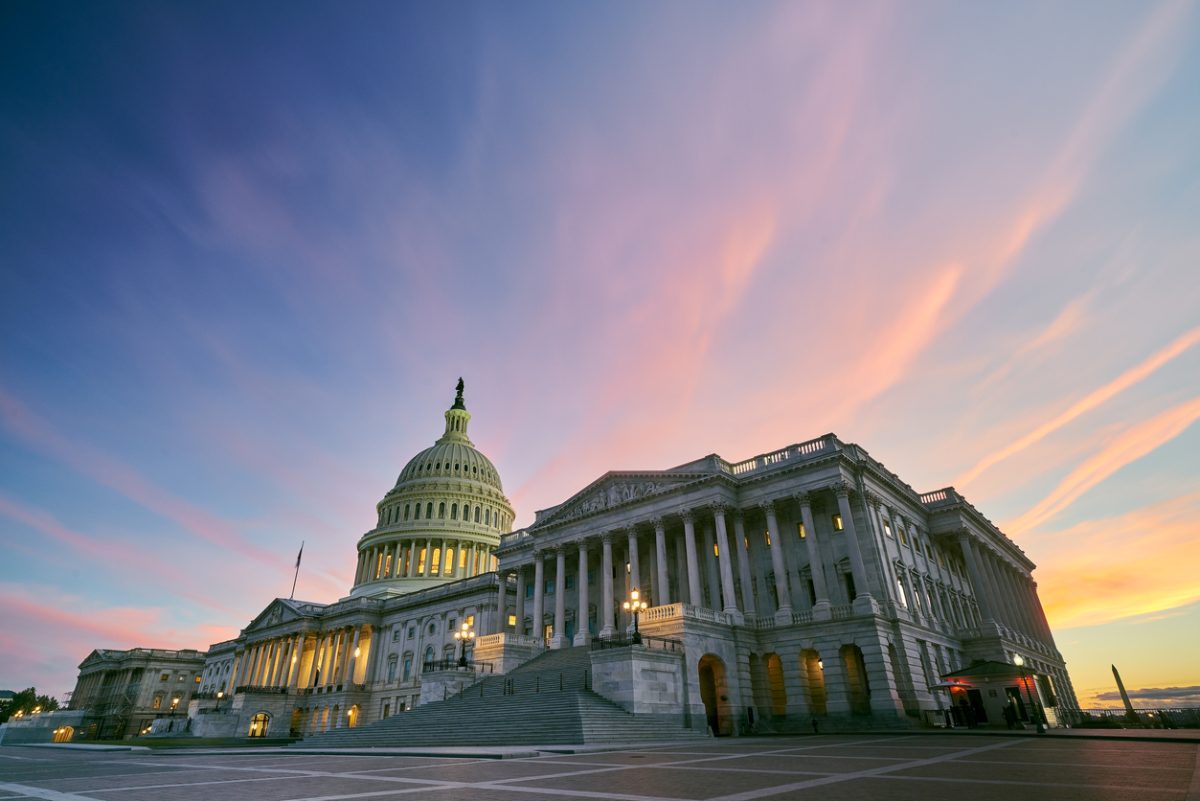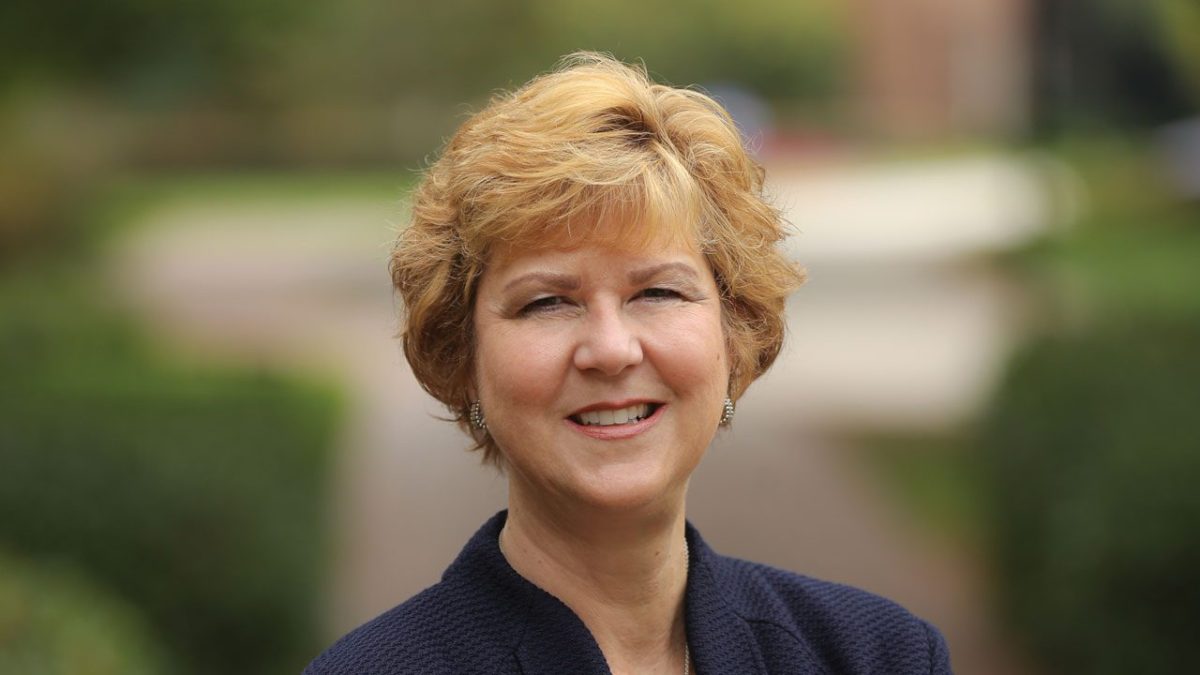On Jan. 6, 2020, as Aaron Sibarium recently put it in a piece for American Purpose, “a motley mob of cultists, cosplayers, gun nuts, Nazis, and even normies stormed the U.S. Capitol in a blaze of live streamed surreality.” While Sibarium’s description captures the truly bizarre essence of that sad day, he fails to mention an important group that was intermingled in that angry crowd: Paladins.
According to their social media accounts, two Furman students attended the pro-Trump protests in D.C. that day. Although there is no evidence that the students participated in “violence or other illegal activity (such as breaking into the Capitol),” according to Furman administration officials, several Furman students took to social media to share their fear, frustration, and outrage at the students who attended the protests.
Most notably, a well-followed and anonymous Instagram account known as “Fur.meme” brought the story to the attention of the student body when it disclosed the names of the Furman students who attended the protest as well as those of any students who supported their classmates’ “reckless and racist actions… through commenting and liking” their posts. The Fur.meme account justified its actions, explaining that “Furman students have the right to know who is putting them at risk,” and called the events of Jan. 6 “an act of terrorism.” The account also invited other students to “anonymously contribute to the list” in order to “hold your classmates accountable.”
Students quickly spoke out in support of and in opposition to the Fur.meme account’s actions. People on all sides reached out to the administration, which reported receiving “complaints both about student participation in the protest and about an Instagram account that was critical of students.” The administration, however, made it clear that its hands were tied with respect to punishing anyone. “Protesting itself is not illegal or a violation of the student conduct code,” one official explained. The same official also said that the administration “cannot control anonymous, third-party social media accounts” and instead recommended students to use “Instagram’s tool for reporting harassment/bullying.”
It is unknown whether students listened to that advice and reported Fur.meme, but the account has claimed that it was not taken down by Instagram, saying “nothing I did violated Instagram’s nor Furman’s guidelines.” Instead, Fur.meme believes that their account was hacked. Regardless, the controversy the account left in its wake and the question of how to deal with political polarization remain open topics of discussion on campus. Today, though, the state of that discussion is dire. When asked to comment on the story, the Fur.meme account could not be reached. Many of the students who came under its fire also declined to comment. On the condition of anonymity, one student said that “the political atmosphere at Furman does not lend itself to having beneficial and respectful conversations.”
The administration has taken notice of the tense political atmosphere on campus and is attempting to craft a responsible policy that appropriately balances the need to protect free speech and forcefully point out false opinion in the process of pursuing truth. Essentially, the question on the table is how to engage students who clearly have such drastically different political opinions (our election survey indicated that roughly 30% of Furman students voted for Trump and 60% for Biden).
Are our administrators, professors, and community leaders to pick a side and purge those who do not agree? Is it even worthwhile trying to teach students who support “a man who promotes racism, sexism, homophobia, xenophobia, ableism, and so much more” as the Fur.meme account described Trump? In the wake of the Capitol riots, that question can no longer be ignored. Yet, it is also difficult to answer.
It is on this backdrop, then, that President Davis and other faculty members are stepping up to blaze a path that prioritizes open dialogue and discussion in pursuit of the truth. On Jan. 7, for example, Davis wrote an email condemning the riots and reminding the University community that we must “accept our responsibility to educate the citizenry about democratic processes and instill an understanding of, and appreciation for, a civil, inclusive society.” More recently, Davis told me that it is critical for us to “approach others with whom we don’t agree with curiosity and humility,” and “seek to understand before judging.”
Davis also emphasized that “faculty are working on ways to address our division.” Faculty members confirmed that claim. Faculty Council Chair Dr. Chris Hutton pointed out that the “ability to civilly discuss issues is a hallmark of the Liberal Arts” and noted that—at a faculty level—Furman’s “participatory system of shared governance” is “one of our strengths as an institution.” As for working with students, professor of politics and international affairs Dr. Jenna Storey indicated that “If we do not find ways to teach young people who hold different political convictions, we are acting to further an already dangerous divide of experience and understanding in this country.” In her view, “It’s both our professional and institutional duty to undertake this challenging work.”
The theme of open dialogue was also reflected in Furman’s updated mission statement, which the administration released on Monday, Jan. 25. It reads: “Furman University challenges and supports lifelong learners through rigorous inquiry, transformative experiences, and deep reflection to lead lives of meaning and consequence.”
Despite consensus around the value of open discourse, however, Davis also cautioned that “being willing to engage in these conversations with civility is going to require effort from the entire campus.” After all, while an administration may design the intellectual mission of an institution, and some faculty members may sketch out what civil discourse looks like in practice, it is ultimately up to students to color in the image and determine the character of our intellectual culture on campus. If recent events are any indicator, the student body still needs to answer a critical question: how do we want to live and learn with one another?



























